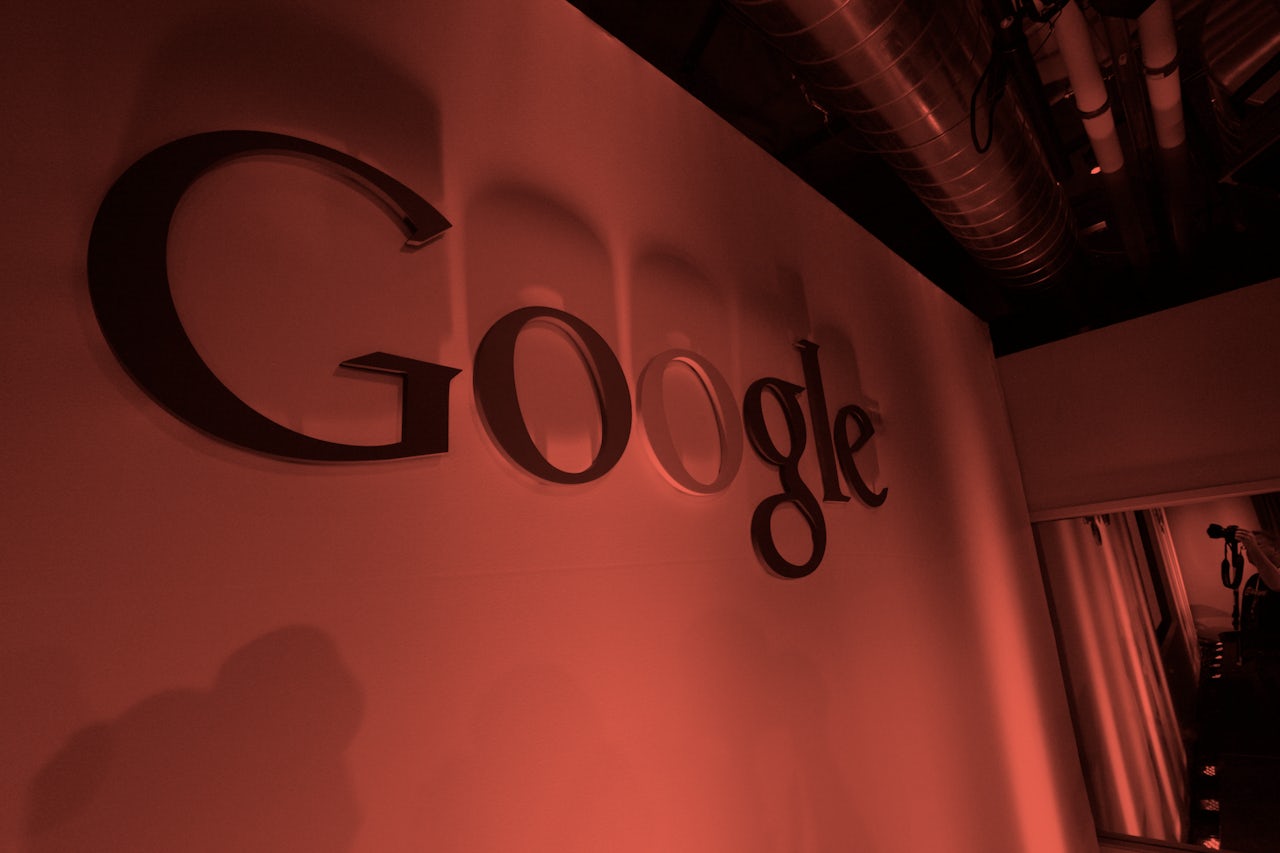Some companies are big, but still vulnerable to a consumer boycott. Uber was highly sensitive to a #deleteUber campaign because it’s still young enough that it could succumb to competitors and is desperately trying to reform its Machiavellian reputation. Even more companies are vulnerable to boycotts from advertisers, such as Fox News. Some companies are vulnerable to neither. One of them is Google.
Google was already facing a boycott from major advertisers on YouTube, which got media attention but had no impact on the company’s share price and didn’t even come up during its last earnings call. Now, after the company fired an engineer who criticized its diversity program, some conservatives are calling for a boycott of its consumer products such as Google search, Google Maps, and Gmail.
“This is just another nail in the coffin for Google,” wrote one user on the far-right social network Gab.ai. “If you want to punish Google, don't use their shit,” said another.
Bless their hearts.
The #BoycottGoogle movement is already pretty limp. A Facebook page has just 330 fans and the idea seems to have inspired lackluster support on alt-right bastion r/The_donald. Prominent conservative voices — maybe conscious of how silly they would sound — have not been telling their followers to switch to competing search engines DuckDuckGo or Bing. But even if the movement were more robust — let’s imagine thousands, or even hundreds of thousands users got on board — it’s difficult to imagine how such a boycott would have any effect on a single cell in the Google universe.
In light of @Google's recent actions, I'll be using @Bing for the foreseeable future. I invite you to join me. #BoycottGoogle
— Connor (@cmigbear) August 8, 2017
First of all, it’s very difficult to avoid Google products. Google now has seven separate services that each have over a billion users.
You’d have to get an iPhone, because most smartphones run Android. You’d have to avoid YouTube and websites that embed YouTube videos. You’d also have to do some research, because Google runs not-so-obviously under the hood of many products. The search bar on many websites is secretly powered by Google. Uber uses Google Maps, although it’s trying to build its own version. You’d have to avoid a lot of websites or use an ad blocker, because tons of websites use Google’s AdSense network to support themselves. You’d have to check whether your employer uses Google Apps.
Then, you’d have to check the long list of companies owned by Google’s parent company, Alphabet, which is aiming to be the alpha and the omega. If you come across a Wi-Fi kiosk in any of 16 major cities, run the other way — it’s probably Alphabet’s Sidewalk Labs. Oh, and you also may not be able to drive, because Sidewalk Labs is working on using city data to program traffic lights. OH! And you may not be able to walk on the sidewalk, because Sidewalk Labs wants to power smart street lights, too.
You are not the customer. You are not always right.
Activists have attempted to catalyze Google boycotts throughout its history. The attempt that got the most traction came in 2006, in response to the company censoring search results in China. That boycott got press coverage but never manifested in meaningful numbers. Four years later, Google left China anyway. It’s now considering going back. None of these decisions had anything to do with users dropping its services. In The Atlantic’s analysis of the company’s struggle with Chinese censorship, the word “boycott” never appears. Google’s exit from China was prompted by what it suspected were state-sponsored cyberattacks on the company and some of its users.
This isn’t to crow about how Google’s progressive attitudes will prevail over conservative ones. Its ubiquity, and the power that comes with it, is terrifying. I feel like I can still quit Facebook, but I can’t quit Google. And even if I did, it would have no effect. The people calling for a boycott misunderstand not just Google’s scale, but the mechanism of its power. If you’re a Google search user, you have no buying power. You are not the customer. You are not always right. You are the product, and you are just one of billions. If you fall off the back of the truck, you’ll simply be written off.
Update: Gab.ai is marketed toward and populated by far-right users who feel that dominant social networks such as Twitter censor their views. Gab.ai’s Chief Communications Officer Utsav Sanduja sent a statement disputing the claim that the site is “far-right” and advocating for a Google boycott. “For the one millionth time, our company is going to say the same thing over and over again. We are not a far-right site. We are a free-speech site,” they wrote.
“Further to this, we will boycott Google, and we will use culture — just as the Left has in bringing multi-billion dollar companies down. We will hold these institutions accountable. We will not allow the Left to destroy free speech. The internet is not here to serve SJWs — the internet is here for everyone.”

